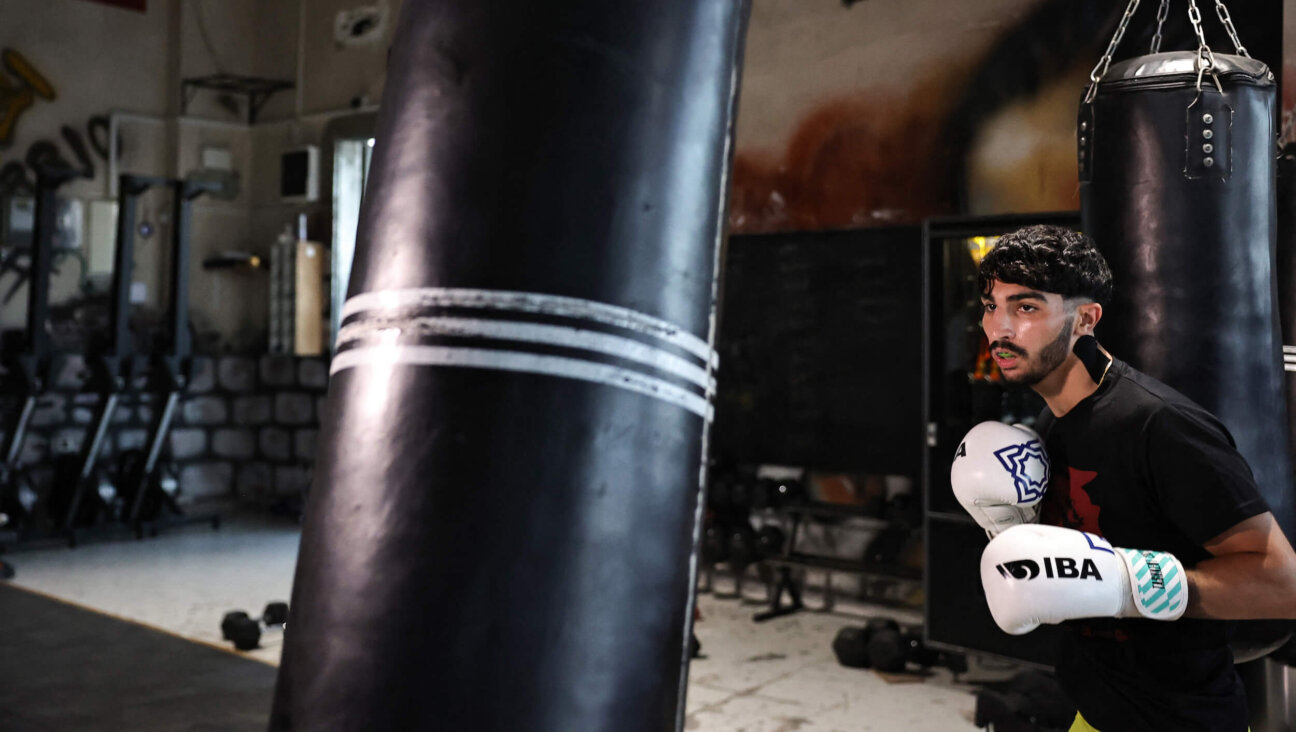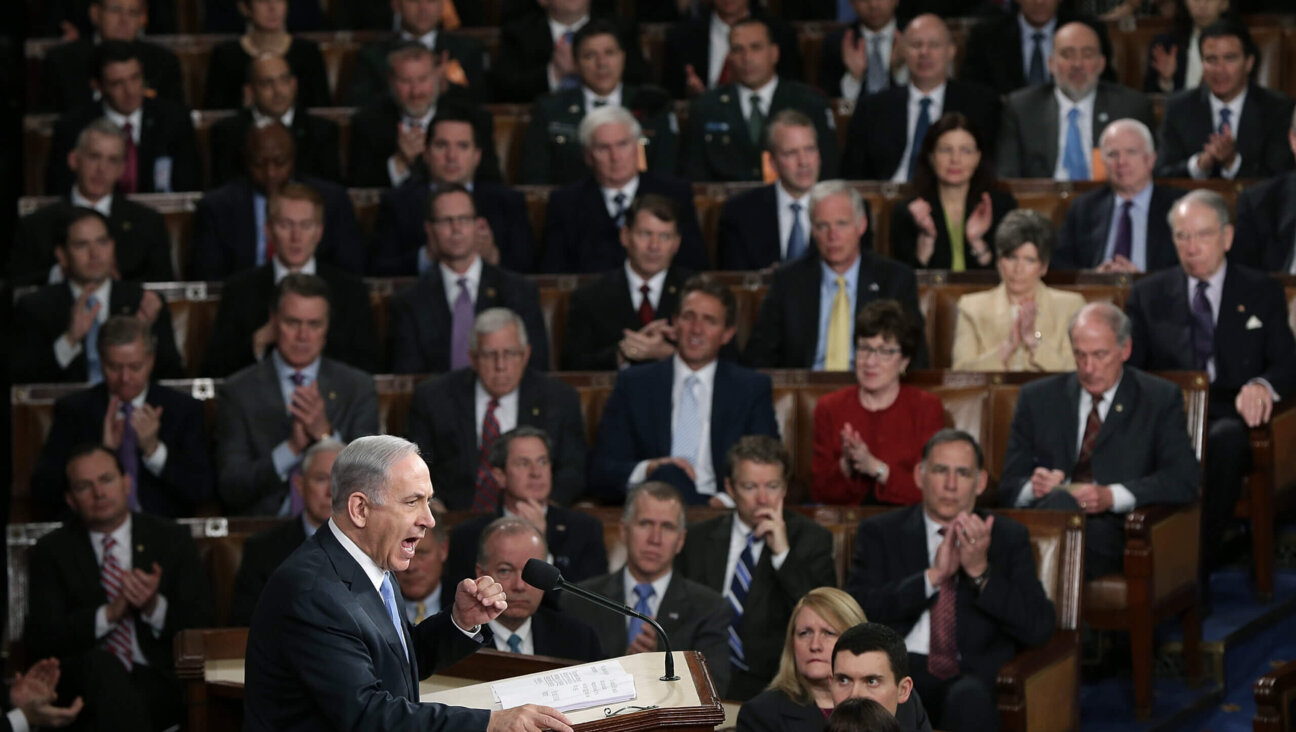How HIV-AIDS saved lives during COVID-19

COVID vaccine card Image by iStock
All four of my grandparents and all eight of my great grandparents survived the catastrophic influenza pandemic of 1918. But what if they hadn’t? What if that deadly pandemic a century ago — at least as deadly as the COVID-19 pandemic — had taken the life of even one of my forebears?
I wouldn’t be here, nor would my three children or three grandchildren. More than 2.85 million people around the world have died of COVID-19, each not only a lost life, but potentially a lost lineage.
As we begin to see a light at the end of the long and painful COVID tunnel, let’s look back for a moment at another world-altering pandemic more recent than 1918’s influenza: HIV-AIDS.
The HIV-AIDS crisis prepared us for COVID-19, just as polio and other virus threats helped us prepare for HIV-AIDS. The lessons we learned from HIV-AIDS in the 1980s and 1990s could, ultimately, save more lives than the nearly 33 million that deadly disease has taken.
Let me repeat that, ultimately, although at a truly tragic price, HIV-AIDS will possibly result in more lives saved than lives lost. Why? Because the lessons we learned from it have dramatically lessened the toll of every epidemic and pandemic since and will continue to positively impact the outcome of every future plague.
Within weeks of the first reports of widespread COVID-19 cases, diagnostic tests were already being developed and quickly distributed across the globe. For perspective, consider this: not quite 40 years ago, following the recognition of the first cases of HIV-AIDS in the early 1980s, it took years for the virus’s cause to be identified and for the first reliable diagnostic test to be developed. Years!
The difference is partly due to scientific advances. Significantly, the slower response to HIV was largely due to the fact that most of the early cases occurred among gay men and intravenous drug users. Homophobia kept the momentum and funding for developing diagnostic tests and treatments sluggish.
It wasn’t until famous names like Rock Hudson and Magic Johnson were diagnosed with AIDS that public consciousness about the disease was raised and greater impetus given to combating the pandemic. In contrast, society’s lightning response to COVID-19 reflected our recognition that viruses cross all demographic and socioeconomic boundaries, a critical lesson learned.
Not only were COVID-19 diagnostic tests available almost instantly, candidate vaccines and potential life-saving treatments for the COVID-19 virus were also in development mere weeks after the first cases were recognized, and have been employed in record time. As you’re reading this, millions of vaccines are being administered around the world every day, and effective treatments for COVID-19 are drastically reducing hospitalizations and deaths.
For perspective, consider polio: vaccines were not available for nearly 60years after the first outbreaks of that infection — and more than 30 years after President Franklin Roosevelt was diagnosed with it.
HIV-AIDS schooled us about identification, diagnosis, prevention, and treatment of all virus infections. The death toll from COVID-19, as devastating as it has been, would have been immeasurably higher were it not for the scientific lessons learned from the HIV-AIDS pandemic.
And AIDS continues to school us. The trajectory of U.S government funding for HIV-AIDS research has steadily increased since the first outbreaks of its infection, reaching $2.6 billion in the last fiscal year. Research funding from both public and private sectors for all aspects of viral diseases has surged. Congress allocated $3.6 billion for research and development related to COVID-19, for example, and the results of those studies, as well as the ones in HIV-AIDS, will be applicable to all virus infections, present and future.
In addition, pharmaceutical companies and charitable foundations have redoubled their efforts at development of novel therapeutics and vaccines. The result has been, and will continue to be, an unparalleled increase in our scientific knowledge.
But the lasting lessons learned from the HIV-AIDS pandemic went far beyond simply the scientific and clinical advances. We learned the benefits of reprioritizing our federal budget for the sake of people’s health and wellbeing. The government pocketbook was opened far sooner and far more generously during COVID-19 than during the early years of HIV-AIDS; there was no “Operation Warp Speed” for HIV-AIDS, but a similar commitment would surely have reduced the devastation.
And AIDS also taught us new ways of thinking about family. Today, gay marriage is legal and out in the open and our grandchildren’s generation won’t even refer to it that way; marriage will just be marriage. Yet, the homophobia caused by the HIV-AIDS pandemic should also have taught us about the destructive pain caused by discrimination, unfounded fear, and false narratives. The malevolent anti-Asian discrimination and violence we are seeing today prove some lessons are harder to learn than others.
COVID-19 has been a painful teacher, but if we learn from it to better prepare ourselves for future crises, the pain will not have been for naught. During the early weeks of the pandemic, the difficulty ramping up with needed personal protective equipment, ventilators and hospital beds — particularly in the hardest-hit and most populous parts of the country — must be a wakeup call for all future governments to be proactive rather than reactive in protecting the health of their countries and communities.
The COVID-19 pandemic should teach us other crucial economic and societal lessons, as well. Here’s what I hope we will have learned:
-
Coordination among federal, state, and local governments is critical and must be systematically improved.
-
Government must be more transparent and less political in managing a crisis.
-
Childcare and eldercare are among the most at-risk necessities during a crisis, and we need enhanced safety nets for them.
-
The most vulnerable in our society must be protected, not just from pandemics, but from what Pope Francis calls our “throwaway culture” mentality, the disregard and disrespect for those felt to no longer be useful: the homeless, the mentally ill, the disabled, and the elderly.
-
Vital government systems for a stable economy—including unemployment insurance, payroll protection, and small business loans—must be modernized and better funded.
-
Internet capacity, capability, and access must be upgraded to better handle the needs of all members of society during a crisis.
-
Improving lives in our underserved communities is essential to reduce the predisposing risk factors for severe disease.
-
Incentivizing private industry to develop treatments and vaccines for which there may be no profit motive, yet great public need, can save untold numbers of lives.
Although the proverbial cow is out of the barn for this pandemic, there will be other cows and other barns in our future. As with HIV-AIDS, with the time to reflect and be proactive rather than reactive, we should find ways for the COVID-19 pandemic to move us forward as a society. When people act in unity and solidarity, with respect for each other and for the sanctity of the common good, lives are saved. And with each life saved, a lineage may also be saved.
Dr. Harley Rotbart is a pediatrician, infectious-disease specialist, parenting expert, speaker and educator. This essay is adapted from his new book, “No Regrets Living – 7 Keys to a Life of Wonder and Contentment.”
A message from our editor-in-chief Jodi Rudoren

We're building on 127 years of independent journalism to help you develop deeper connections to what it means to be Jewish today.
With so much at stake for the Jewish people right now — war, rising antisemitism, a high-stakes U.S. presidential election — American Jews depend on the Forward's perspective, integrity and courage.
— Jodi Rudoren, Editor-in-Chief























